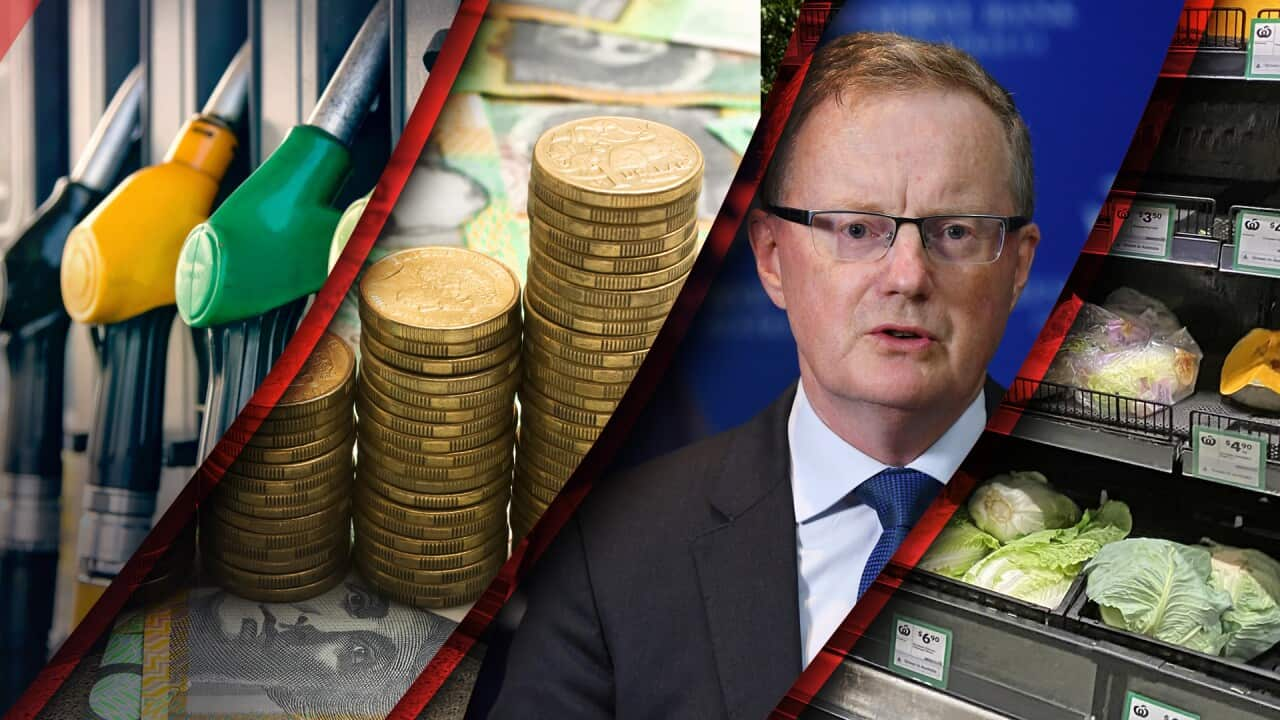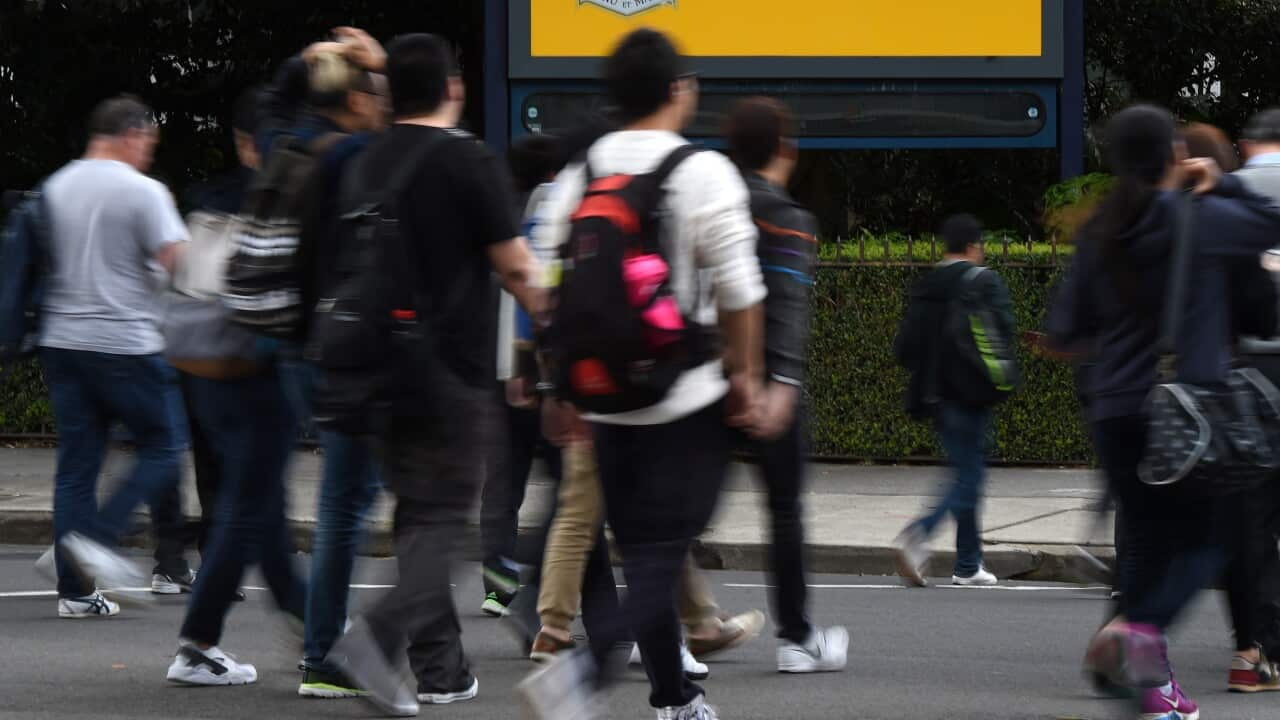KEY POINTS
- On Friday, the prime minister tweeted about increasing student support payments by more than 6 per cent.
- In response, users pointed out that the payment increase was indexed to inflation, and routine in January.
- In March 2022, Mr Albanese criticised the Morrison government over "spin" when they promoted a similar plan.
Prime Minister Anthony Albanese has been met with questions after a social media post about a rise in payments for students, with critics labelling the rise as "routine" and raising questions over indexation.
On Thursday, the prime minister took to Twitter to promote the rise in payments.
"Starting in January, we’ve increased payments to support students by more than 6%," he wrote.
In response, some users pointed out that this figure was on par with inflation — which hit a 30-year-high in 2022 — and simply a routine indexation increase.
'Major Scomo vibes'
As of January 2023, the highest amount a single person can receive under Austudy is $562.80, an increase of $32.40 (just over six per cent) from the previous amount.
"Mate, that’s literally just automatic indexation for inflation… Major Scomo vibes," Mat Morgan, former Greens candidate for Monash & Eastern Victoria,
Member for Brisbane Stephen Bates was also critical and pointed out that payments routinely increase each year regardless of who is in government.
"This increase is the annual indexation that occurs each January. It happens regardless of who is in gov. Nice try though," he wrote.
"Wonder if the PM wants to take credit for the HECS indexation increase of 3.9% too?"
How is student debt impacted by inflation?
Each year, indexation is applied to unpaid HECS-HELP debt, adjusting it in line with changes in the cost of living as measured by the Consumer Price Index (CPI).
As the cost of living rises, so too does indexation on student debt.
In June 2022, the indexation rate applied to study and training loans such as HECS-HELP rose to 3.9 per cent — up from 0.6 per cent in 2021 and the highest in 10 years.
According to Australian Tax Office (ATO) data, there were over 3 million people with outstanding HECS-HELP debt in 2021-22, totalling more than $74 billion.
Prior to the COVID-19 pandemic — between 2018 and 2020 — the indexation rate hovered around two per cent.
What has the prime minister previously said on the issue?
In March, Mr Albanese was critical of the then-Morrison government for increasing payments by $20 to those receiving Jobseeker, age pension, disability support pension, and carer payments.
At the time, he described the increase as "spin" and said it was not enough to combat increasing cost-of-living pressures.
"We know the Government spin was out there saying how well pensioners will be from this rise," he said.
"The rise in the pension will not keep up with the cost of living. And pensioners are doing it really tough at the moment."




